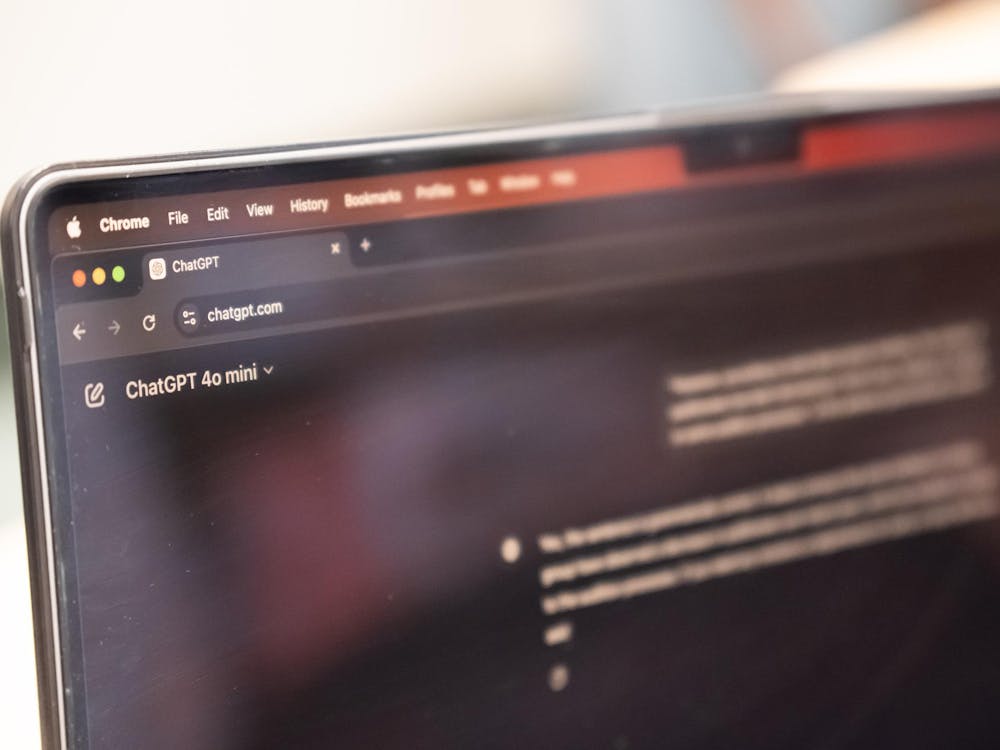While the movement has been around for a few years, it seems to be gaining steam recently — with radio segments and Facebook notes abounding. (I couldn’t find any official numbers about the size of the movement.) Those who join must make a promise to themselves not to lie for a certain period of time, usually two to four weeks. This can create some pretty sticky situations. I heard one follower recently recount how he was forced to tell an old college friend that, no, he did not care to catch coffee with him later because he already had enough friends. Awkward.
Now I admit that some people will see a link between our tanking economy and any recent event. But while the Radical Honesty movement might not be a direct response to the current crises, its success may very well be fueled by the nation’s new desire for honesty.
Many Americans, myself included, believe that our current crises were caused by corporate America’s culture of deception. As anthropology professor Lawrence Rosen explained to me in an e-mail, Wall Street executives all participated in a similar culture — country clubs, golf, elite private schools — which made them think that they were all alike, elite and, therefore, brilliant. So executives relied on “this shared sense of how great each of us is” instead of asking their business partners to explain the wisdom of investing in second-order derivatives.
All these poor investments were based on a type of white lie with which we are all intimately familiar. It is the type of lie you tell on your resume or at a party — one that makes you seem better than you are or more like your fellow partiers.
Given that lying led us into this quagmire, many people believe that honesty can get us out of it. Sure, the Radical Honesty movement is still fringe, but elements are being co-opted by the mainstream.
This could explain why many urged President Obama to speak “straight” and “honestly” to the American people and continue to give him high ratings even though he consistently warns us that this economy is going to get worse before it gets better. (Imagine the reaction to such doom and gloom a year ago.)
Closer to home, the University is doing the same. For years we were able to spend freely in all sorts of ways, like buying $5,000 chairs for Lewis Library. Yet as the University gears up for a second round of budget cuts and settles into “the new normal,” Radical Honesty abounds. Where the University used to be able to politely say “yes” and reaffirm everyone’s sense of self-worth, now they are having to say, frankly, “no.” (That we were able to cut $300 million relatively quickly suggests that we were saying “yes” way too often.)
But the heart of the matter, as we are often reminded, is whether things will be different once the crisis is over. The pitchfork revolt against AIG is really America’s way of telling executives that they aren’t as great as they thought they were. Obama has reacted by calling for change in the culture of Wall Street and by pushing for regulations to do just that.
Provost Christopher Eisgruber ’83 told me in an e-mail that in the “new normal” Princeton will have to “learn how to operate more efficiently, and we will have to temper some of the high expectations — about, for example, service levels on campus — that people have had in recent years.” I take Eisgruber at his word that he is serious about increasing efficiency. But lacking the type of regulation that people hope will take control corporate America, it may only be a matter of time before the culture of the polite “yes” displaces our new found affection for Radical Honesty.
Adam Bradlow is a sophomore from Potomac, Md. He can be reached at abradlow@princeton.edu.








